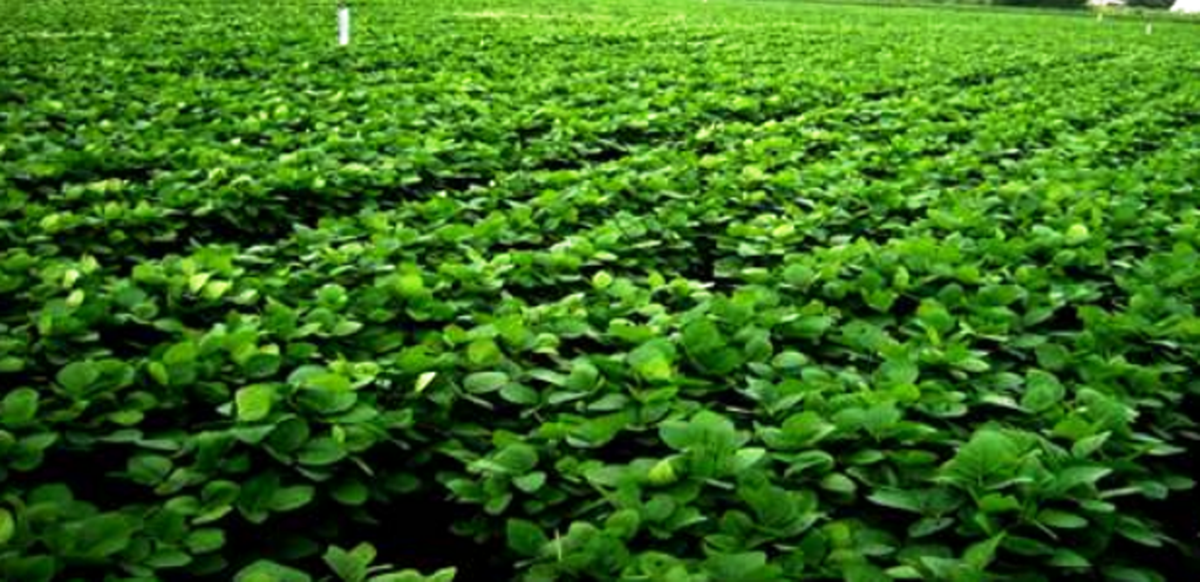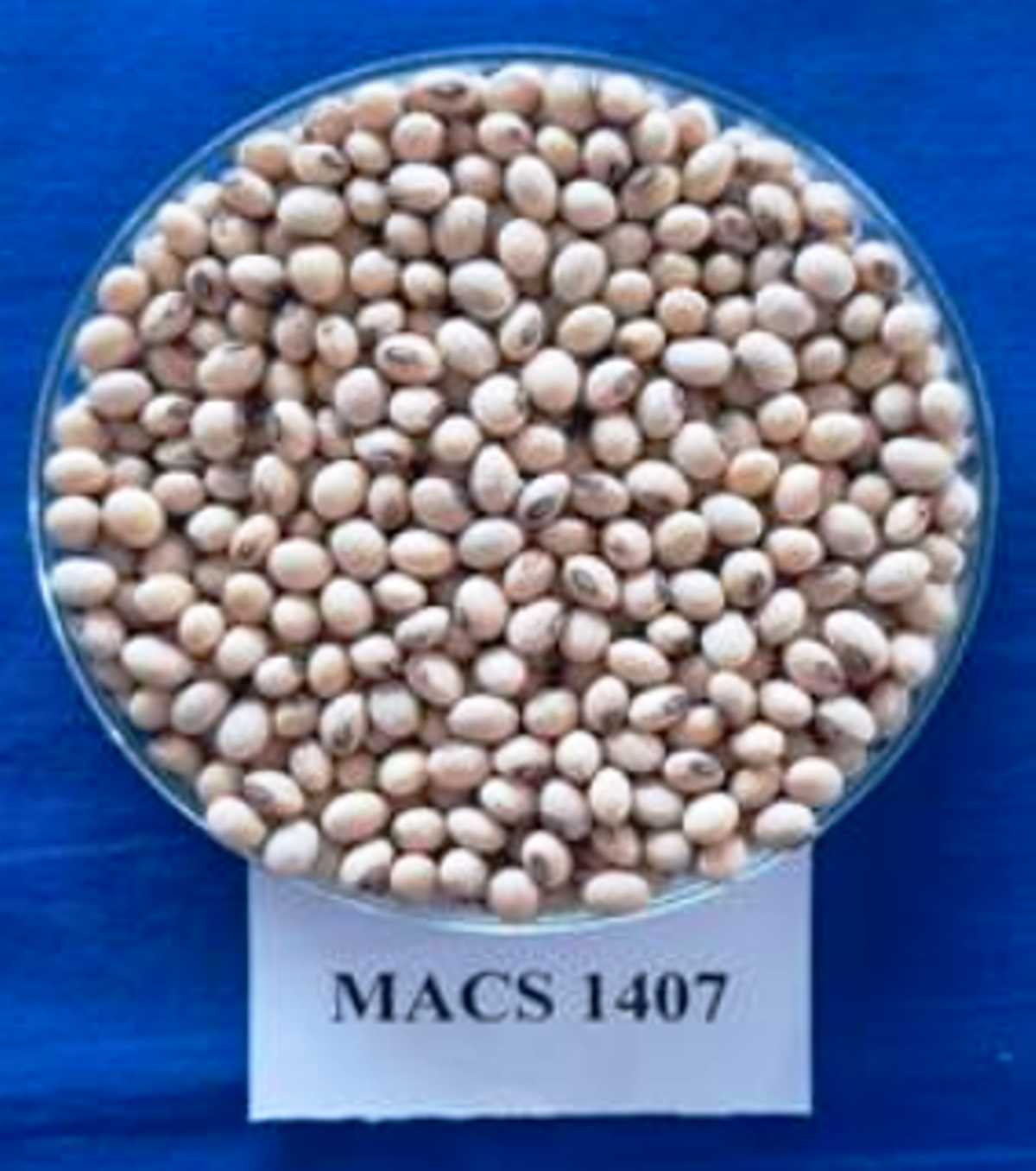
Scientists in India have developed a high-yielding & pest-resistant variety of soybean ‘MACS 1407’. This new variety is suitable for cultivation in Jharkhand, Chhattisgarh, West Bengal Assam and Northeastern states. The seeds of MACS 1407 will be made available to the farmers for sowing during 2022 Kharif season.
It is important to mention that two years back, India had produced about 90 million tons of soybean widely grown as oil seeds and a cheap source of protein for animal feed & many packaged meals and thus is striving to be among world’s top producers of soybean. High-yielding and pest-resistant varieties of soybean can help achieve this target.
Taking up this challenge, researchers from MACS- Agharkar Research Institute (ARI), Pune, an independent institute of the Department of Science & Technology, Government of India together with Indian Council of Agricultural Research (ICAR), Delhi have developed higher yielding varieties of soybean.
With the use of conventional cross-breeding technique scientists have developed MACS 1407 that gives 39 quintals / hectare making it a high yielding and pest-resistant variety. Its thick stem, higher pod insertion (7 cm) from ground & resistance to pod shattering make it suitable for mechanical harvesting too. Moreover, it is suitable for rain-fed areas of north-east India.

What’s Special about MACS 1407?
ARI scientist, Santosh Jaybhay, who led this research said, ‘MACS 1407’ showed 17 percent increase in yield over the best check variety and 14 to 19 percent yield benefit over the qualifying varieties. It is highly adaptive to sowing from June 20 to July 5 without any yield loss. This makes it resistant to the vagaries of Monsoon in comparison to other varieties."
MACS 1407 needs an average 43 days for 50 percent flowering & take 104 days to mature from the date of sowing. It has white coloured flowers, yellow seeds and black hilum.
The seeds of this new variety have 19.81 percent oil content, 41 percent protein content & show good germinability.
For more details you may contact Santosh Jaybhay (scientist) (sajaybhay@aripune.org, 020-25325036) and Dr PK Dhakephalkar, Director of ARI, Pune, (director@aripune.org, pkdhakephalkar@aripune.org, 020-25325002).









